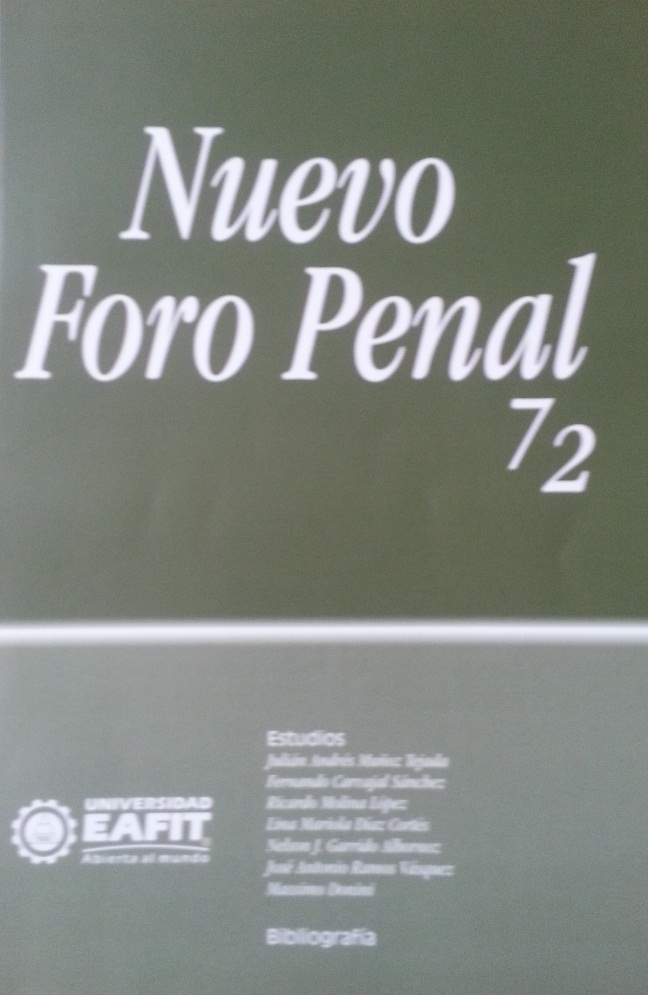Análisis criminológico de los acuerdos reparatorios. El caso del Estado Aragua, Venezuela
Main Article Content
Keywords
Proceso penal, acuerdos reparatorios, libertad, criminología humanista
Abstract
The subject concerning to reparatory agreements, is something quite recent in Venezuela. The bibliographical review done in this paper indicates that there is few researching on such topic in this country; in fact, seeing it from the criminological approach of humanist sense, there are no registered productions about the topic. Probably, from this perspective of criminology, this paper is then one of the first documents present in the Venezuelan context. In order to develop this very one, a theoretical frame was built; in this one, some topics referred to freedom and the humanist criminology’s task were mentioned; some characteristics of the reparatory agreements in Venezuela and about the Alternative Processes of Conflict Resolution. The general aims of the paper were: to describe the extra juridical characteristics given in the application of the reparatory agreements happened between the year of 2002 and 2004, as well as to make a series of suggestions to improve the application of this prosecutional formula. To study such phenomenon, a region of the country was chosen, specifically the Aragua State, for reasons of viability. That way, they presented the criminal statistics of Venezuela and of the Aragua State, brought by the Penal and Crime Researching Corps. Then, a random sample was selected from the Aragua State Control Courts for compiling, subsequently, the information of reparatory agreements by means of a compilation data instrument. With this one, the files of four Control Courts were analyzed. From the joint of this information, we verified that exist some extra legal characteristics present in the execution of the reparatory agreements, such as: the aggressor’s age, the geographical vicinity of the penal couple –the victim and his aggressor–, and the fact that the crime be committed without physical violence. It is suggested, at the end of the work, the needing for proposing over again ways for the execution of the agreements, like clarifying the “special audiences” phenomenon, so as the reflection on certain juridical outlines that establish limits on the application of this measure, resulting alternative to the privative penalty of this individual value that generates so many controversies: freedom.
Downloads
Download data is not yet available.

